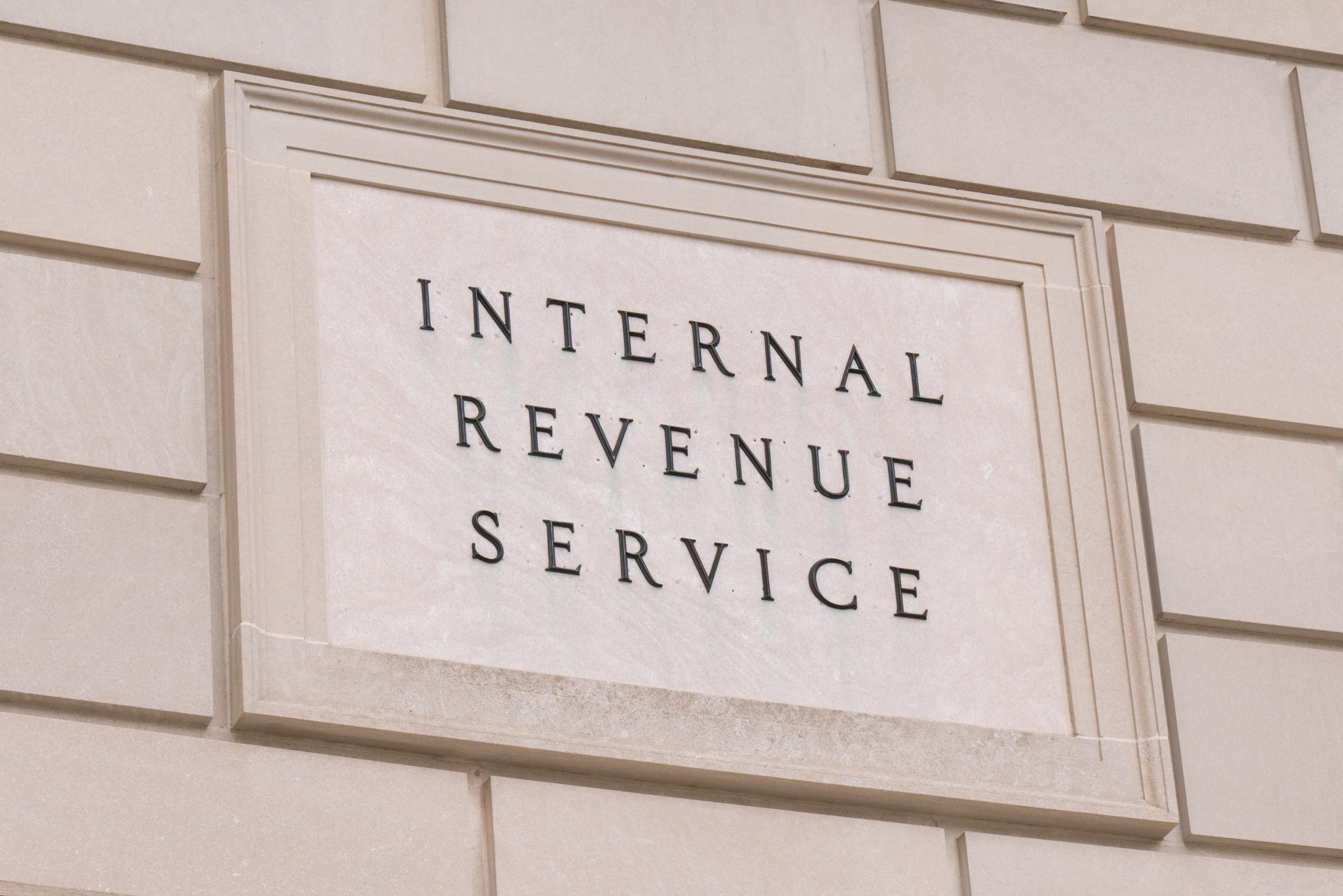
Despite marijuana still being federally illegal, the Internal Revenue Service (IRS) appears to be betting on the long-term success of the marijuana industry. De Lon Harris, who serves as the IRS’ Commissioner Small Business/Self Employed Examination, says his organization “has been focused on…the tax implications for the rapidly growing cannabis/marijuana industry.”
In addition, the IRS is offering tips for cannabis businesses to navigate federal prohibition as they legally sell in their states.
A Spirit of Compliance
According to Harris, federal regulations surrounding the taxation of marijuana provide the IRS “an opportunity to promote voluntary compliance, not only through audits but also through outreach and education.”
He notes that 14 states still prohibit cannabis use of any form, but that the meteoric rise of state-legal marijuana markets promises a rapidly growing industry. The trickiness lies in the fact that marijuana, which many states treat as a legal and legitimate business product, still occupies the federal government’s Schedule 1 controlled substance category.
However, Harris sees this challenge as manageable. Though he acknowledges that cannabis and marijuana businesses are in a unique position of being at once legal and illegal, this simply means they’ll need to take extra steps to ensure they stay on the right side of tax laws.
The Current Tax Laws for Marijuana Businesses
As it currently stands, cannabis businesses often operate as cash-only enterprises. Cash sales mean that there is not necessarily a paper trail of business transactions, a trend incentivized in part by the fact that there are no federal tax deductions.
The tax law responsible for this lack of deductions and credits is statute 280E. It prohibits them from deducting wages and salaries, travel expenses, advertising expenses, and equipment materials, among others. However, marijuana firms are eligible to deduct the costs of the goods they sell, which can represent significant savings come tax season.
Harris acknowledges this: “I understand this nuance can be a challenge for some business owners, and I also realize small businesses don’t always have a lot of resources available to them.”
The IRS will be launching a new Cannabis/Marijuana Initiative aimed at training tax officials to perform effective audits within the marijuana industry. It will also work to form a consistent policy around cannabis within the organization and toward better tax compliance.
This “groundbreaking effort” is important because, according to Harris, “all income is taxable, even if someone is running a business that’s considered illegal under federal law.”
[ Read More: 50 Marijuana Industry Statistics ]
The IRS Outreaches to the Industry
The IRS’s Cannabis/Marijuana Initiative will involve engaging directly with players in the industry through various forms of outreach such as speaking events. Harris notes that “I have done three of these types of events over the last year, and what I have heard is a genuine desire to comply with the tax laws regarding the industry. Through this extended outreach, we hope to help small business owners and others fully understand the unique tax rules before there are any compliance issues.”
The IRS is striking a notably willing tone with this announcement. The cannabis industry’s unique position at this point can make tax season a confusing and challenging time — but the IRS is providing guidance and resources to help businesses stay compliant and avoid penalties.
“We’re always here to help with tools, information, and guidance,” the blog post notes.
What This Means for the Future of Marijuana Tax Laws
The past weeks have seen unprecedented shows of support from significant players in the federal sphere, including the DEA, the Drug Czar, and the IRS. So although marijuana is still federally prohibited, policy change may be close on the horizon. It will likely start with de-scheduling cannabis and making it easier for financial institutions to work with marijuana businesses.
The IRS has also worked on new tax policies for cryptocurrency as well as for marijuana businesses, holding a seminar exploring how to tax Bitcoin earnings and allow certain tax deductions for the marijuana industry.
Tax payments for the marijuana industry are likely to be payable electronically. Charles Rettig, the IRS Commissioner, told Congress this year that the IRS would prefer this — it would help to dissolve the current status quo of cash-only transactions.
[ Read More: California Passes the $1B Mark in Marijuana Tax Revenue ]






